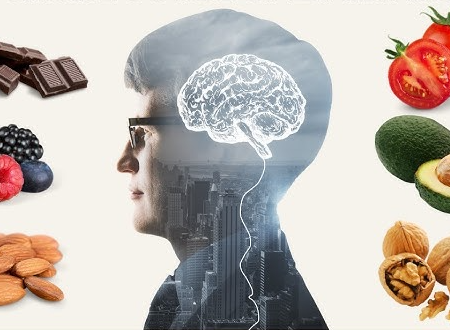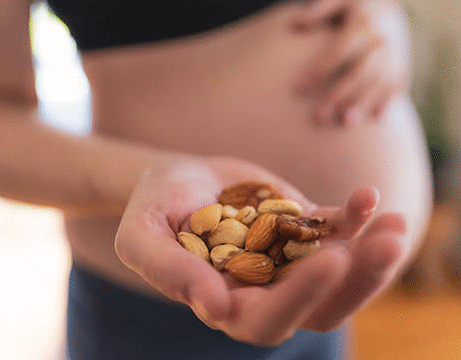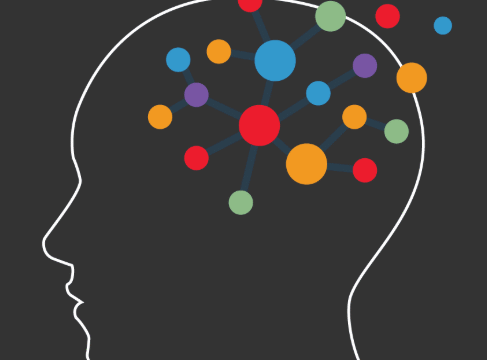Headaches are a common problem that almost everyone experiences at some point. They can range from a mild annoyance to a debilitating condition that affects daily activities. While there are many recognized triggers for headaches, such as stress, poor sleep, or certain foods, one frequently overlooked cause is dehydration. Though it may seem simple, the relationship between hydration and headache is profound, and understanding it can help people prevent and manage these painful episodes.
Dehydration occurs when the body loses more fluids than it takes in. Fluids are essential for almost every bodily function, including maintaining the balance of electrolytes, regulating body temperature, and ensuring that cells operate properly. When the body lacks sufficient water, it begins to function less efficiently, which can lead to various symptoms, one of the most common being headache. Despite being easy to fix, dehydration-related headaches are often mistaken for other types of pain, making them a hidden culprit that is frequently overlooked.
The connection between dehydration and headache is linked to the brain and its surrounding tissues. The brain is made up of about 75 percent water, and it is cushioned and supported by cerebrospinal fluid, which also contains water. When the body becomes dehydrated, the volume of this fluid can decrease, causing the brain to contract slightly. This contraction can pull on pain-sensitive structures in the brain, resulting in the familiar throbbing or pressure of a headache. In addition, dehydration can trigger changes in blood volume and flow, which can further intensify head pain.
Even mild dehydration can lead to noticeable discomfort. Many people experience thirst as a warning sign, but headaches can appear even before extreme dehydration sets in. People may drink fluids without realizing that they are not consuming enough, especially during hot weather, after exercise, or when sick with a fever or gastrointestinal illness. The subtle nature of mild dehydration makes it easy to ignore, and by the time a headache develops, the body has already been under stress for hours.
Hydration needs vary from person to person, influenced by factors such as age, activity level, climate, and overall health. Adults are often advised to drink around eight glasses of water per day, but this is a general guideline rather than a strict rule. More accurate measures include paying attention to the body’s signals, such as feeling thirsty, observing the color of urine, and noting energy levels throughout the day. Light yellow urine usually indicates adequate hydration, whereas dark yellow or amber urine suggests the need for more fluids.
Aside from plain water, hydration can come from other sources. Fruits and vegetables, such as watermelon, cucumber, and oranges, are high in water content and contribute to daily fluid intake. Herbal teas, milk, and soups also add fluids while providing nutrients. It is important to note, however, that beverages containing caffeine or alcohol can have a dehydrating effect if consumed in excess. Balancing these drinks with water and hydrating foods can help maintain proper fluid levels and prevent headaches from developing.
The symptoms of dehydration-induced headache can vary. Some people describe a dull, steady ache, while others experience sharp or pulsating pain. The headache may be accompanied by other signs of dehydration, such as dry mouth, fatigue, dizziness, and decreased urine output. Recognizing these symptoms early and responding by drinking fluids can relieve the headache and prevent further complications. For some individuals, simply sipping water consistently throughout the day can significantly reduce the frequency and severity of headaches.
Preventing dehydration-related headaches requires attention to daily habits. Establishing a routine of drinking water regularly, rather than waiting until thirst occurs, is highly effective. Carrying a reusable water bottle, setting reminders, or incorporating water-rich snacks into meals can make hydration more convenient. During physical activity, especially in hot conditions, it is crucial to replace fluids lost through sweat. Sports drinks that contain electrolytes may be beneficial for intense exercise, as they help restore the body’s balance of sodium and potassium along with water.
It is also worth mentioning that chronic dehydration can have long-term consequences beyond headaches. Persistent fluid imbalance can affect kidney function, cognitive performance, and cardiovascular health. By treating dehydration as a daily priority, individuals not only reduce the risk of headaches but also support overall wellness. Simple strategies, such as drinking water before meals, consuming hydrating foods, and monitoring fluid intake during busy days, can create lasting benefits for both the brain and the body.
While headaches can have multiple causes, it is important to consider hydration as a potential factor. Consulting a healthcare professional can help determine if frequent headaches may be linked to other underlying issues, but often, ensuring adequate fluid intake provides immediate relief. Paying attention to one’s body, learning to recognize early signs of dehydration, and responding proactively with water and hydrating foods are practical steps that can significantly improve quality of life.
In addition to immediate headache relief, proper hydration supports mental clarity and emotional well-being. Dehydration can affect concentration, mood, and energy levels, making daily tasks more challenging. By keeping fluids consistent, individuals may notice improvements in focus, memory, and resilience against stress. The benefits of hydration extend far beyond preventing headaches; they enhance overall health and vitality in subtle but meaningful ways.
In conclusion, dehydration is a hidden yet powerful cause of headaches that deserves more attention. Understanding how fluid loss affects the brain, recognizing the signs of mild dehydration, and adopting strategies to maintain hydration can prevent many headaches before they start. Drinking water, consuming hydrating foods, and being mindful of lifestyle factors that increase fluid loss are simple but effective approaches. By making hydration a conscious part of daily life, headaches may become less frequent, energy levels can improve, and overall health can be better maintained. Paying attention to this often-overlooked factor is a small change that can make a big difference in comfort, productivity, and long-term well-being.






